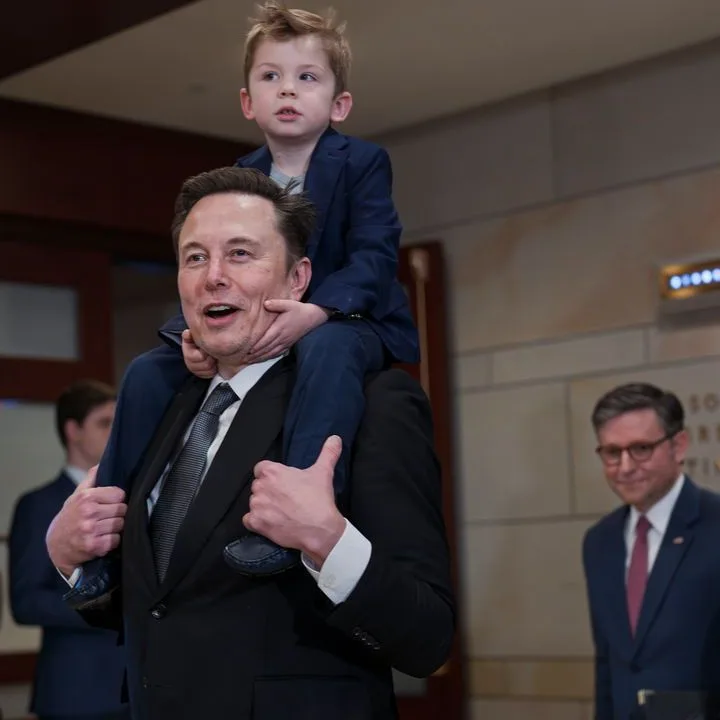Elon Musk, the billionaire CEO of Tesla and SpaceX, has become a central figure in American political discourse, particularly in relation to the U.S. government and former President Donald Trump. JD Vance, a Republican senator from Ohio, recently stated, “No one voted for Elon Musk,” expressing concerns about the immense influence Musk wields over the political landscape. Vance’s remarks come amidst a growing dialogue about the intersection of wealth and political power in America. In recent months, Musk’s decisions and public statements have stirred chaos, drawing criticism from various quarters. The New York Times highlighted how Musk’s actions, especially his ownership of Twitter (now X), have shifted the dynamics of political communication and influence. Moreover, with Musk’s controversial stance on various social issues and his financial backing of political figures, questions arise about accountability and the role of billionaires in shaping public policy. This situation prompts broader discussions regarding the implications of corporate power on democratic processes and governance, as Musk’s reach continues to extend beyond the realms of business into the corridors of Washington.
Elon Musk’s Influence Sparks Controversy in U.S. Politics













